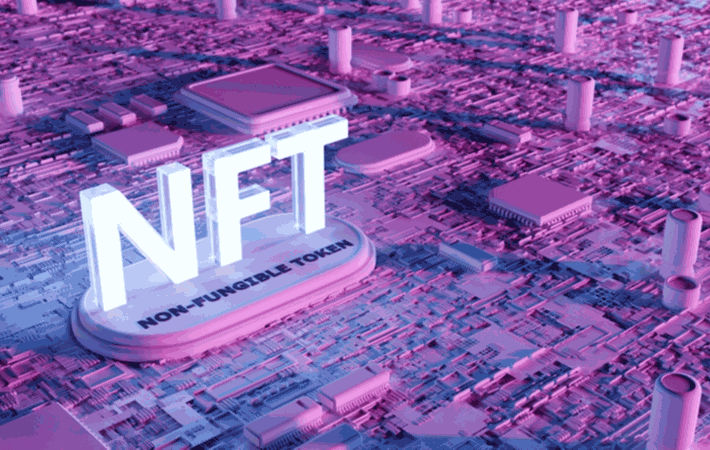Global interest in blockchain, cryptocurrencies, non-fungible tokens (NFTs), Web3, and now the metaverse, has quickly risen to prominence –challenging governments, businesses, and individuals to think about the ways businesses will operate in the future, according to two senior consultants of British-Dutch multinational advisory firm KPMG.
The metaverse marks a new era for the convergence of physical and digital worlds—a market where virtual world revenue is predicted to grow from $180 billion in 2020 to $400 billion in 2025, Riley Innes, senior consultant customer, brand and marketing advisory, and Charlie Donnelly, senior consultant, customer and operations advisory, wrote on the company website.
Continued advancements and availability of assets such as augmented reality (AR) and virtual reality (VR), coupled with evolving digital platforms will change the way products and services are developed and new ways for brands to engage with customers, they wrote.
Global interest in blockchain, cryptocurrencies, non-fungible tokens (NFTs), Web3, and now the metaverse, has quickly risen to prominence –challenging governments, businesses, and individuals to think about the ways businesses will operate in the future, according to two senior consultants of British-Dutch multinational advisory firm KPMG.
Organisations are beginning to explore the metaverse as the next generation of customers spend an increasingly large amount of time online. According to the US Bureau of Labour Statistics, Gen-Z is expected to make up 30 per cent of the workforce by 2030 with an estimated purchasing power of $143 billion. Gen-Z will be a powerful force driving the overall marketing and customer experience, the KPMG consultants wrote.
To capture this audience, brands are creating digital twins of shopfronts and head offices to foster more intuitive, immersive, and engaging environments. This enables brands to transition away from the traditional 2D e-commerce customer journey—to immersive virtual commerce, they wrote.
Although this presents an opportunity to understand the customer more deeply, organisations must be mindful of privacy, to preserve trust and loyalty. To have future success in the metaverse, companies will need to build their own database through direct-to-consumer relationships, they suggested.
Customer benefits in a virtual environment include personalised fitting experiences, 3D product catalogues and access to 3D customer service agents. It also allows brands to explore advertising opportunities in virtual spaces and test the popularity of digital products before physically launching them, they said.
Leading luxury brands, including Balenciaga, Ralph Lauren and Gucci, have already launched exclusive lines of virtual clothing—a market that Morgan Stanley predicts will be worth $50 billion or more by 2030. Walmart has also filed several trademarks related to virtual retail products, NFTs and virtual currencies.
These moves by multinational brands have not only opened the door to expand on existing marketing and sales strategies (such as NFT holder discounts, loyalty programmes and exclusive access), they also represent a significant shift in how brands think about the future, the authors noted.
Last year, more than $33 billion was poured into web3 and crypto companies by institutional and retail investors as venture capital firms raced to establish funds targeted at developing technologies such as cryptocurrency networks, AR/VR wearables, virtual worlds, digital avatar developers, online gaming and NFT marketplaces.
The metaverse is a new virtual frontier with no clear pathway through for businesses. For those contemplating entry into the metaverse, questions to consider are whether customers are ready to be engaged in the metaverse; what problems can be solved in the metaverse that are issues in the real world; how do your target demographics in the physical world translate to the digital world; can seamless customer experience be ensured; metrics to use to measure success; partnerships to be explored to help get there quicker and more effectively; and how to leverage AR/VR tech now and test-and-learn ideas.
For those looking to be early adopters of the metaverse, access to trademarks, brand domains and intellectual property will is key, the authors noted. For others developing a customer centric strategy with answers to these questions is a good starting point, they added.
Fibre2Fashion News Desk (DS)

:max_bytes(150000):strip_icc()/Health-GettyImages-1015247628-33c0cf540b254573867c26b1f88e702f.jpg)


